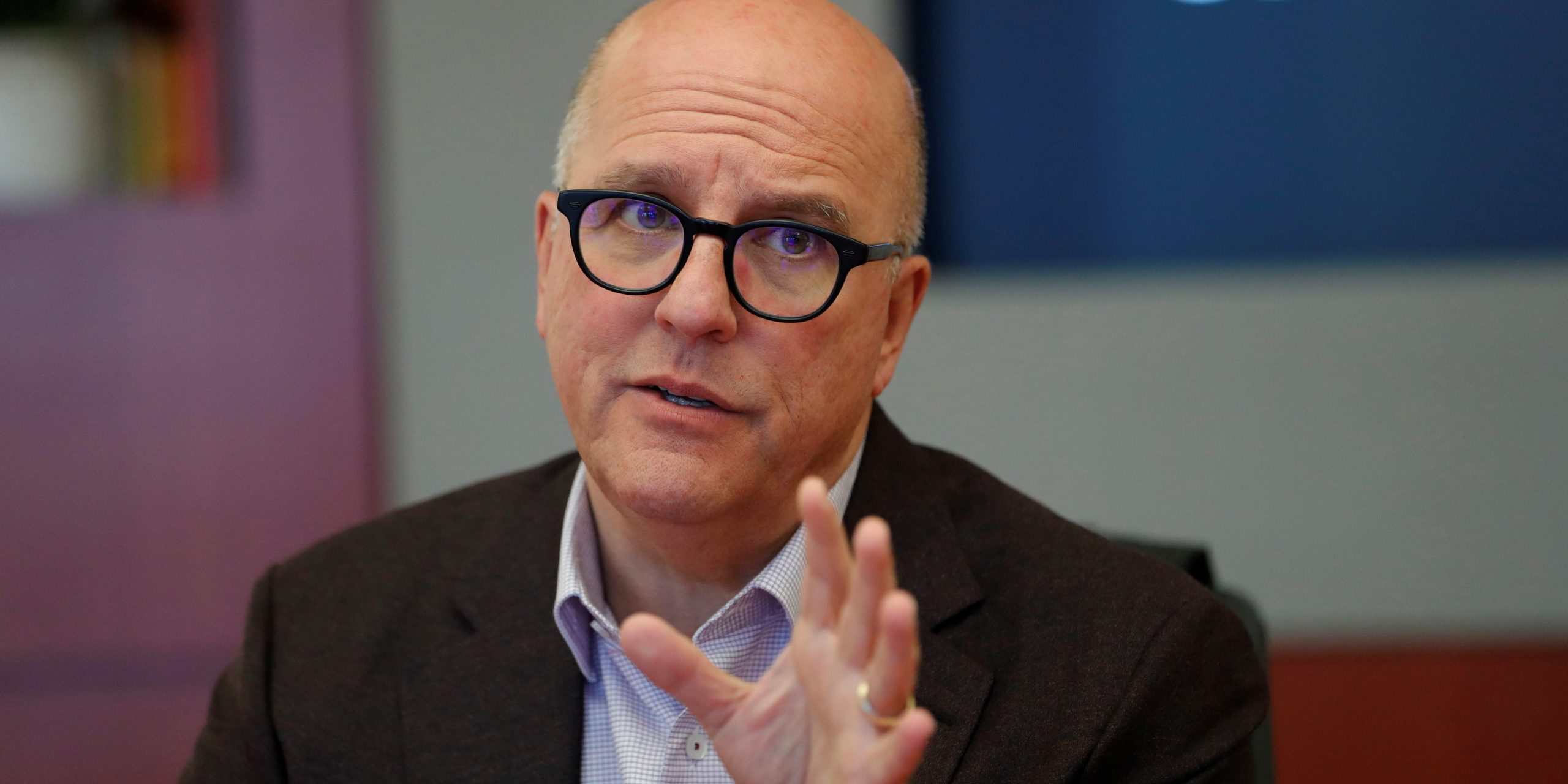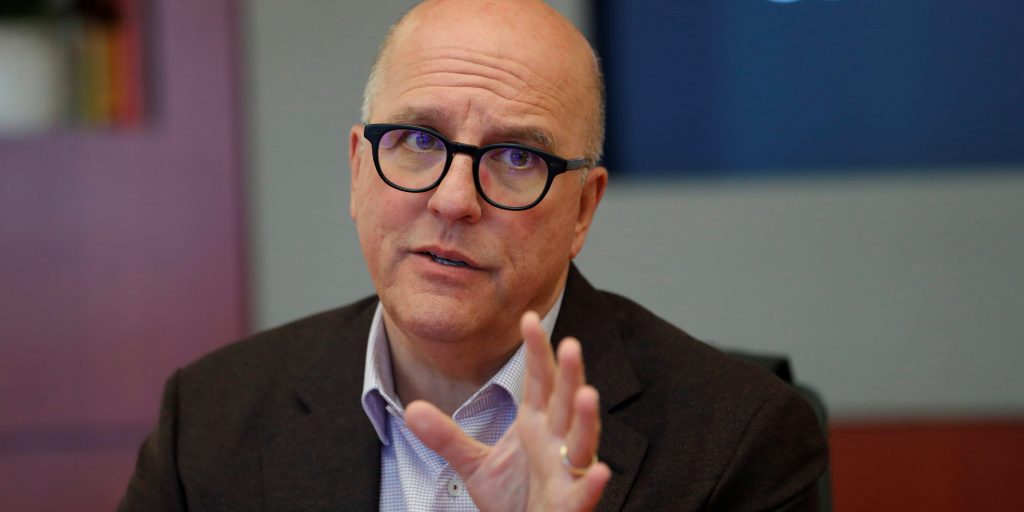
- Richard Bernstein said rising long-term interest rates could burst the bubble in the stock market.
- The investment chief told CNBC the stock market could be in the biggest bubble of his career.
- He urged retail investors to diversify to protect their assets from the bubble bursting.
- Sign up here for our daily newsletter, 10 Things Before the Opening Bell.
Investment chief Richard Bernstein thinks if long term interest rates rise further, this could burst the bubble he sees in stock markets today – which could be the biggest one of his career, he said.
In an interview on CNBC's Trading Nation, Bernstein said he believes investors have bought into long duration assets because of low long-term interest rates thanks to Federal Reserve policy, leading to a bubble in the stock market. Long-duration assets could include the far end of the Treasury yield curve, bitcoin, tech or even meme stocks, he said.
"The Fed has so distorted the long-end of the curve that we are seeing a very natural reaction among long-duration assets which is then taking on a life of its own. And I think anybody who's out there in these long-duration assets has to be firmly convinced that long-term interest rates are not going to go up, because that's the kryptonite for this bubble," Bernstein said.
"I personally think we are right in maybe the biggest bubble of my career," he added.
Stocks have been rising for well over a year and hit record high after record high, as the US economy has recovered from the fallout of the COVID-19 pandemic. This has led to widespread talks of a bubble and many investment experts have been urging caution about the potential for a crash.
Billionaire Jeremy Grantham's investment firm GMO called the current environment a global growth bubble last month, while 'Rich Dad Poor Dad' author Robert Kiyosaki told investors to prepare for a market crash and even retail traders agree, with 40% of them saying there is a bubble - but they do not believe markets will actually crash.
Bernstein urged retail investors to diversify away from those highly frothy assets, while the market is still in a bubble and investing seems simple.
"For the same reason we carry a spare tyre in our trunk, for the same reason we have a fire extinguisher in our homes, that's the reason why you have to diversify and when you get into a bubble, diversification becomes more important because we know the bubble is going to burst, but we don't know when," Bernstein said.

